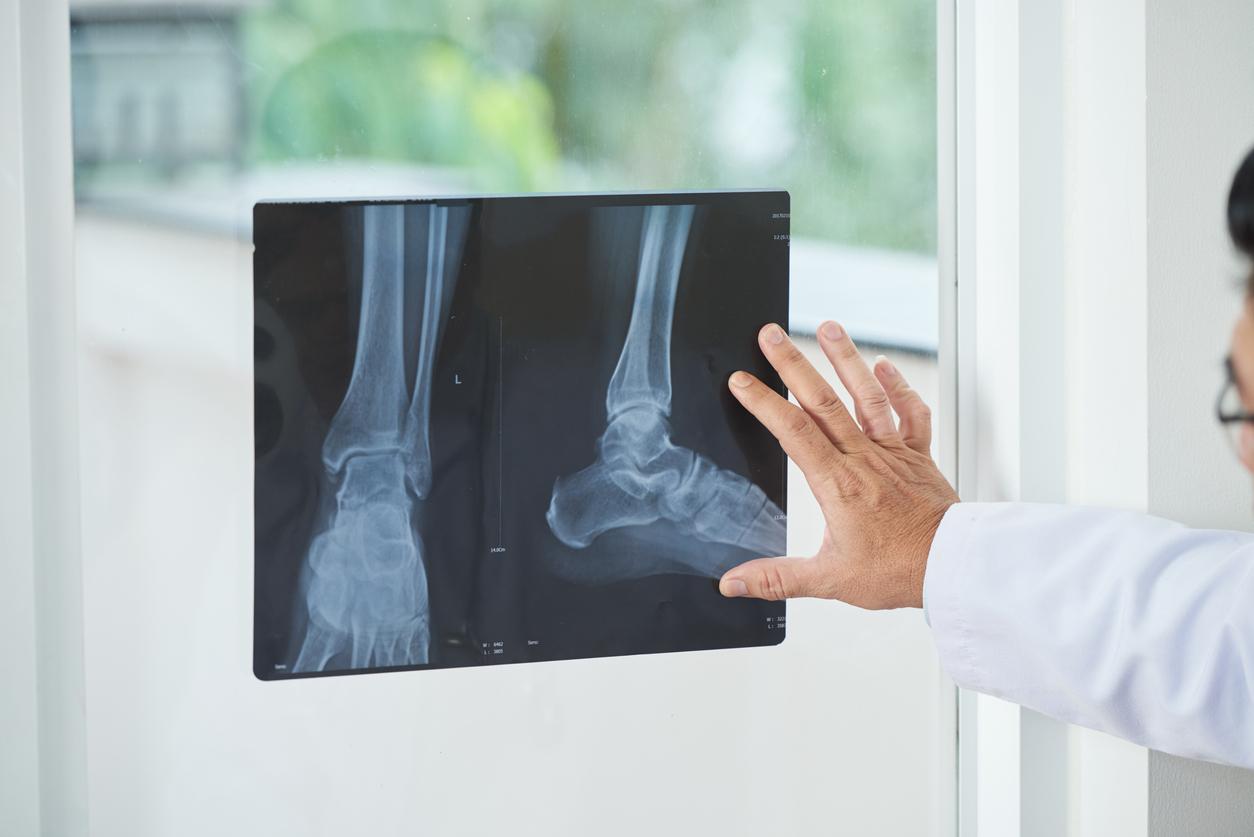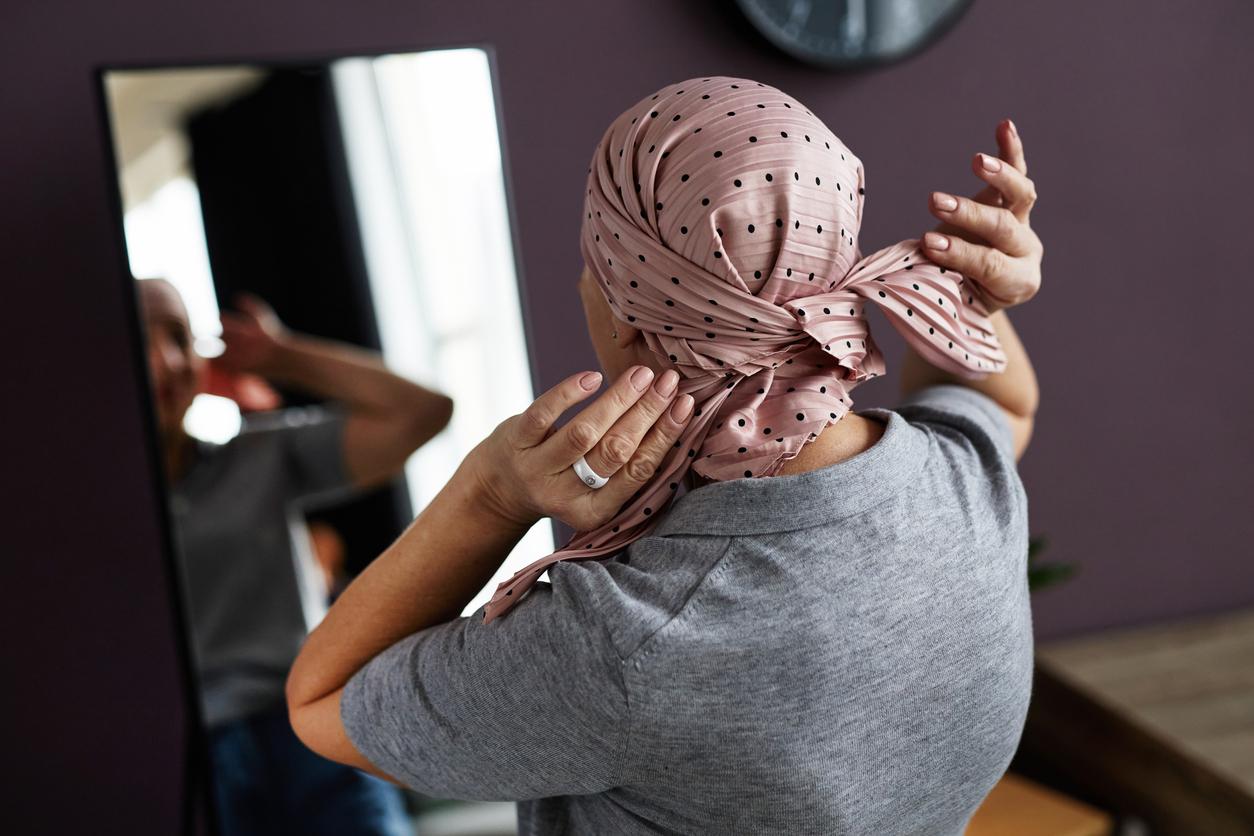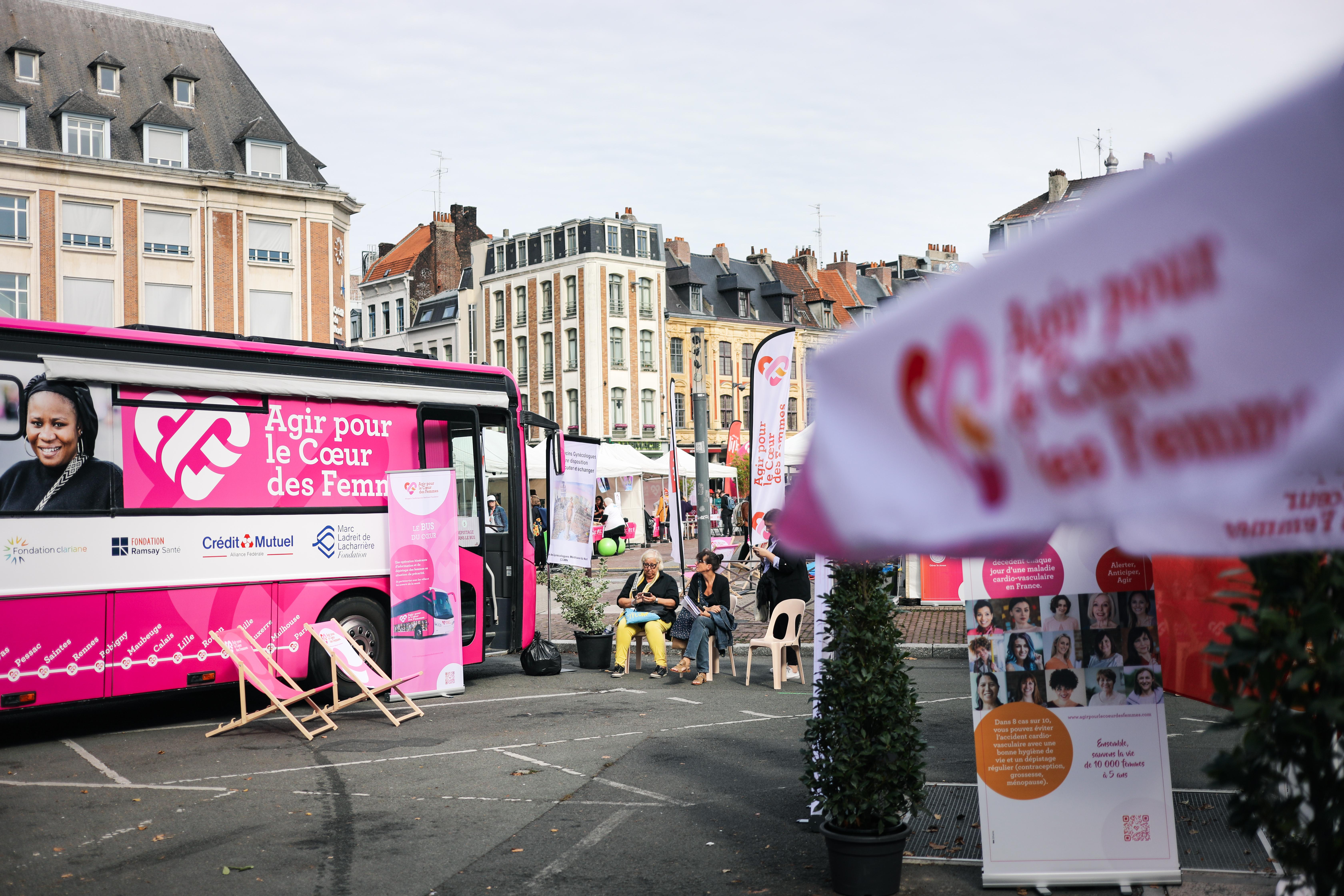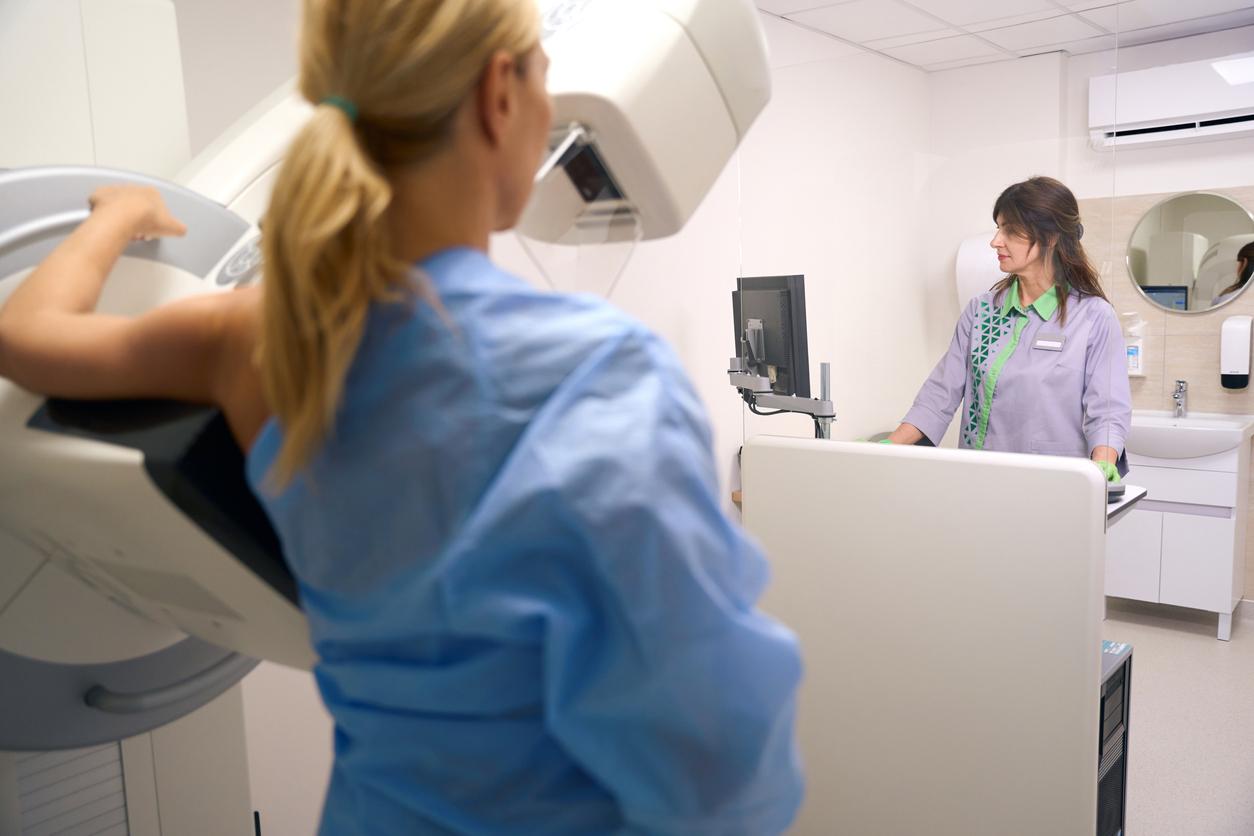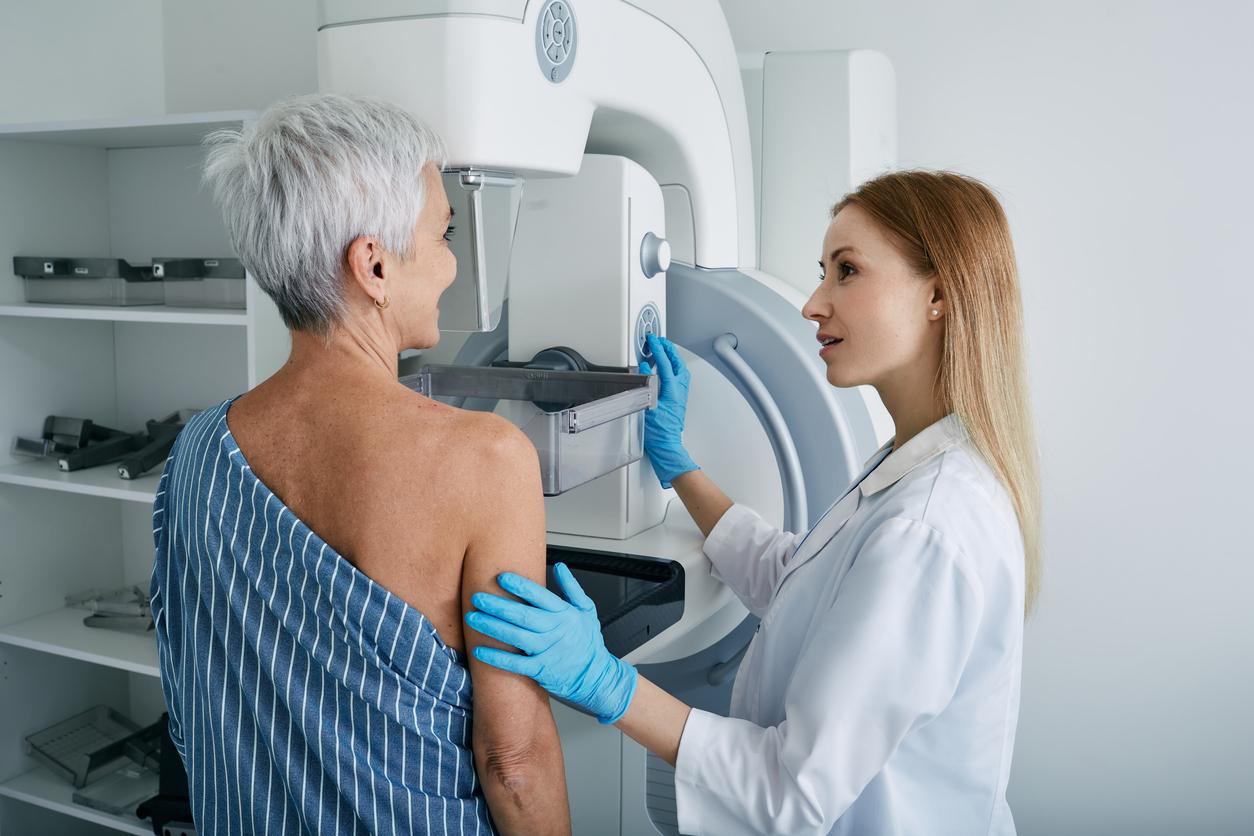Many women with breast cancer suffer from extreme fatigue. To help them, researchers have developed an algorithm capable of predicting how much they will be affected by this symptom, which is very disabling on a daily basis.
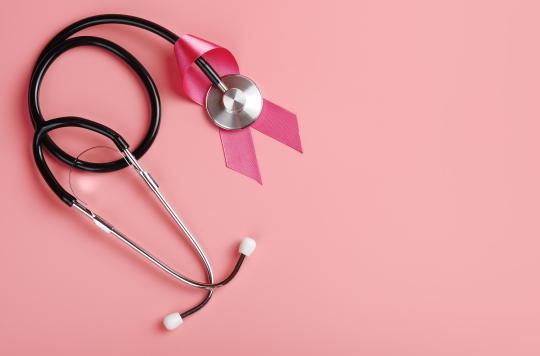
- Breast cancers at an early stage of development at the time of diagnosis have a survival rate of more than 87%.
- Each year, nearly 59,000 women learn that they have developed the disease and more than 12,100 die from it.
More than a third of women treated for breast cancer report experiencing severe fatigue several years after diagnosis. To better manage it, doctor-researchers from Gustave Roussy and Inserm have developed a predictive algorithm that calculates the risk score for exhaustion when diagnosing this pathology. The results of their study were published in thethe Journal of Clinical Oncology (JCO).
A of the main consequences
Fatigue is one of the main sequelae linked to breast cancer. She is said “severe” when it has a major impact on the activities of daily living and contributes to a significant deterioration in the quality of life. 35.6%, 34%, and 31.5% of women experience symptoms one year, two years, and up to four years respectively after diagnosis. “However, to date there was no tool available to help clinicians identify it early and thus better manage this disabling condition on a daily basis”, explains the Gustave Roussy Institute. To do this, a team has just developed a predictive algorithm for the risk of onset of exhaustion from the diagnosis of breast cancer and up to 2 and 4 years later, excluding relapse.
To develop this predictive model, the team worked using data from the CANTO study, a large cohort of women with localized breast cancer (stage 1 to 3), enrolled from the diagnosis of the disease until ‘at a period of 4 years later. The use of several scales and questionnaires, evaluating the need for rest for example, enabled the researchers to establish an overall fatigue score. The tool also grouped together the different components of fatigue, whether physical, emotional and/or cognitive.
Six main risk factors
On this basis, the scientists highlighted six main clinical and behavioral risk factors that determine severe fatigue: young age, a high body mass index (BMI), smoking, anxiety, insomnia and the pain felt before the start of the treatments, as well as the pre-existing fatigue at the time of the diagnosis of breast cancer. Antonio Di Meglio and Inès Vaz-Luis also report the role played by hormone therapy, especially on the increased risk of severe fatigue 4 years after diagnosis.
“This predictive algorithm is a valuable tool for clinicians. It should enable them to study more precisely the risk factors linked to this disabling symptom, including modifiable behavioral factors and concomitant symptoms, at the time of cancer diagnosis. of the breast”, explains Dr. Di Meglio.
Support strategies can thus be adapted on a case-by-case basis. Depending on their score and personalized profile, patients will be offered psychological support, adapted physical activity sessions, mindfulness meditation, support for smoking cessation or nutritional advice. “The objective is to anticipate and personalize care pathways in a holistic approach to cancer”, concludes the Gustave Roussy Institute.

.





